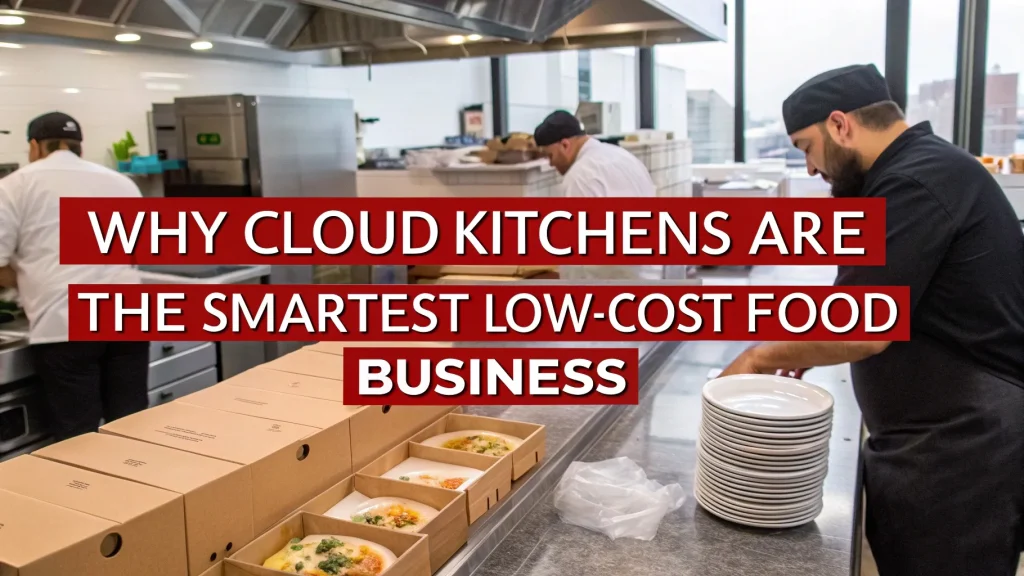Starting a Spices and Condiments business is one of the most profitable ventures in the food industry. The global demand for unfamiliar flavors and natural seasonings is growing rapidly due to increasing awareness of healthy eating habits, cultural culinary curiosity, and gourmet cooking trends. From Indian masalas to Middle Eastern blends, spices and condiments have become essential components in global cuisine. This provides aspiring entrepreneurs a golden opportunity to build a brand rooted in heritage, taste, and authenticity.
Planning Your Spices and Condiments Business
Market Research and Target Audience
Before diving into production, it’s crucial to conduct thorough market research. Identify which spice mixes or condiments are in demand locally and globally. Analyze consumption patterns, competitor products, pricing, and distribution channels. Some of the most popular spices include turmeric, cumin, chili powder, coriander, black pepper, cardamom, and clove. Among condiments, think of chutneys, sauces, mustards, pastes, and pickles.
Define your target audience—whether you’re targeting homemakers, restaurants, gourmet chefs, or health-conscious consumers. Segment your audience demographically and geographically to tailor your offerings more precisely.
Business Model and Niche Selection
Your Spices and Condiments business can follow multiple business models:
-
Wholesale/Bulk Supply: Catering to restaurants, hotels, and retailers.
-
Retail/Direct-to-Consumer: Selling in small packets under your brand.
-
Online Business: Selling via e-commerce websites or your own platform.
-
Private Labeling: Packaging products for other brands.
Choosing a niche helps in better positioning. You could specialize in organic spices, ethnic blends, health-focused condiments, or even custom spice kits for cooking enthusiasts.
Legal Formalities and Licensing
Setting up a food-based business requires compliance with several legal and safety regulations:
-
FSSAI Registration (in India) or appropriate food safety certification depending on your country.
-
Trade License and GST Registration.
-
MSME Registration if you’re starting as a small or medium-scale enterprise.
-
Trademark Registration to protect your brand name and logo.
Ensure your manufacturing facility meets hygiene and packaging standards. Proper documentation and compliance boost customer trust and enable wider market access.
Sourcing Raw Materials and Ingredients
Your Spices and Condiments business will thrive only if your raw materials are of superior quality. Partner with reliable farmers, spice growers, and suppliers. Buy in bulk to reduce costs but never compromise on freshness and authenticity. Always ensure your ingredients are free from adulterants, pesticides, and artificial colors.
For condiments, sourcing ingredients like vinegar, salt, sugar, fruits, or oil is essential depending on the type of product (e.g., chutney, sauce, or pickle). Establish long-term relationships with vendors and explore both local and international sourcing for unfamiliar varieties.
Production and Packaging
Setting up a spice production unit involves several steps: cleaning, drying, roasting, grinding, blending, and packaging. Invest in high-quality machinery like pulverizers, blenders, sievers, and packaging units. For condiments, you may need boilers, mixers, and sterilizers.
Packaging should be both functional and visually appealing. It should preserve freshness, resist moisture, and be eco-friendly if possible. Include all necessary labeling: ingredients, manufacturing/expiry date, nutritional info, batch number, and FSSAI license number.
Branding and Marketing
In the highly competitive Spices and Condiments market, branding plays a pivotal role. Choose a name that reflects authenticity and taste. Create an eye-catching logo and packaging design that stands out on shelves.
Build a strong digital presence:
-
Develop a professional website with product listings, blog posts, and contact forms.
-
Leverage social media to share recipes, product benefits, and behind-the-scenes content.
-
Collaborate with food bloggers and influencers for unboxing, reviews, and giveaways.
-
Use email marketing to reach regular customers with recipes, deals, and offers.
Also, list your products on platforms like Amazon, Flipkart, Etsy, and other regional e-commerce sites. Offline, participate in food expos, farmer’s markets, and trade fairs to showcase your brand.
Financial Planning and Investment
Starting a small-scale Spices and Condiments business requires initial investment for:
-
Raw Materials: ?2–5 lakhs (depending on scale).
-
Machinery: ?3–8 lakhs.
-
Packaging Materials: ?1–2 lakhs.
-
Licensing and Branding: ?50,000–?1 lakh.
-
Marketing and Website Development: ?1–3 lakhs.
A full-scale business may require up to ?15–25 lakhs for setup. Create a detailed business plan including operational costs, revenue models, break-even analysis, and profit forecasting. Consider approaching government schemes for MSME funding, or private investors.
Distribution and Logistics
Efficient supply chain management is critical. Tie up with logistics partners for timely delivery. Maintain proper inventory control using software tools. Offer various packaging sizes and ensure fast, secure shipping, especially for online orders. For B2B, keep stock in warehouses close to your retailers or distribution hubs.
Quality Control and Certifications
To stand out in the Spices and Condiments industry, quality assurance is vital. Get certifications like:
-
ISO 22000 (Food Safety Management)
-
HACCP (Hazard Analysis and Critical Control Points)
-
Organic Certification (for organic spice blends)
Conduct regular product testing in certified labs for purity, aroma, taste, and shelf life. These certifications not only ensure product safety but also help in gaining trust in both domestic and international markets.
Scaling Your Business
Once your brand gains traction, expand by:
-
Launching new spice blends or condiments.
-
Entering international markets through export licensing.
-
Setting up retail outlets or franchise models.
-
Launching subscription boxes or DIY spice kits.
Keep an eye on trends such as low-sodium, sugar-free, or fermented condiments, and innovate accordingly. Customer feedback, market trends, and competitor analysis should guide your growth trajectory.
Sustainability and Ethical Sourcing
Modern consumers value sustainability. Use biodegradable or recyclable packaging. Promote ethical sourcing by working with certified fair-trade farmers. Transparently share your sourcing and production processes. It not only enhances brand image but also builds a loyal customer base.
Conclusion
Launching a Spices and Condiments business is both a lucrative and fulfilling venture. With rising global demand for authentic flavors and healthy seasonings, it offers entrepreneurs a unique space to innovate and grow. From sourcing premium ingredients and ensuring high-quality production to smart branding and strategic marketing, every step is crucial in building a successful brand. Focus on consistency, authenticity, and customer satisfaction, and your spice business can truly become a household name.
Visit the page Select and Choose the Right Business Startup for You for sorting out the questions arising in your mind before starting any business and know which start-up you can plan. We, at NPCS, endeavor to make business selection a simple and convenient step for any entrepreneur/startup. Our expert team, by capitalizing on its dexterity and decade’s long experience in the field, has created a list of profitable ventures for entrepreneurs who wish to diversify or venture. The list so mentioned is updated regularly to give you a regular dose of new emerging opportunities.




